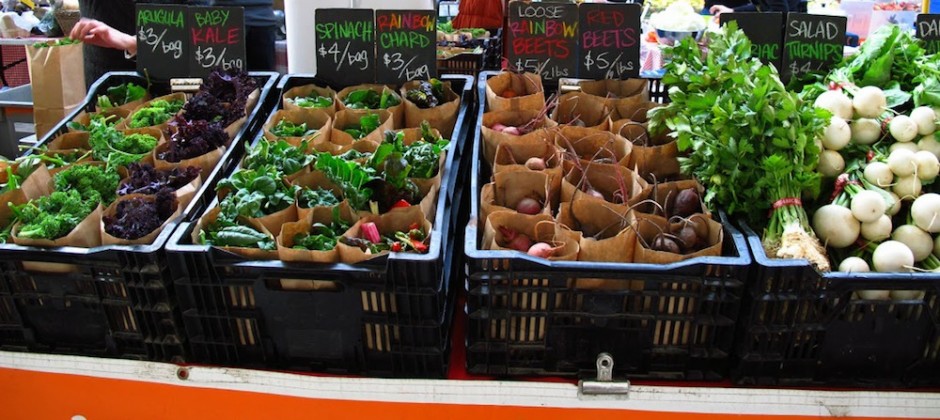Healthy eating is a challenge that most people contend with — but ethical eating is a far less universal concern. Joshna Maharaj, a Toronto chef, writer, and activist, believes that the best form of a healthy diet is one that is local and sustainable.
Maharaj, who overhauled the menu at Scarborough Hospital to feature local ingredients, is the executive chef at Ryerson University. She is also a food activist, lobbying municipal government on food issues and engaging with provincial farmers, local chefs, and food industry workers to promote local eating and better health.

The Varsity: How did you get your start in the food world? Did you always know you were going to be a chef?
Joshna Maharaj: While I was living in India for a year, I soon found myself working in the kitchen of a monastery, where I was taught how to cook. I immediately fell in love with the idea of cooking and never looked back.
TV: What does it mean to be a food activist? How has this position impacted your career?
JM: My activism is about helping and improving our food system. Using my career to tackle the major problems of the industry, my personal goal is to help others forge better relationships with food.
TV: What are some projects you have undertaken as a food activist?
JM: My projects have been directed towards transforming the hospital food system, which is extremely risk-averse, making it even messier than the university food system! At Scarborough Hospital, I developed a fresh-food program, creating fresher and seasonal menus. I also undertook a smaller project at Sick Kids Hospital, giving seminars to hospital employees on the benefits of fresh food.

TV: What do you consider the worst problem in the food industry, and do you see it being mitigated any time soon?
JM: The worst problem the food industry faces is how we handle issues. Some food professionals turn a blind eye to the issues, but we cannot be so blasé. We simply cannot afford to ignore the writing on the wall. We have to start thinking about where our food comes from.
 TV: Products in grocery stores often present themselves as ethical, but the reality is quite different. How can you see past the appearances and get at the reality as a consumer?
TV: Products in grocery stores often present themselves as ethical, but the reality is quite different. How can you see past the appearances and get at the reality as a consumer?
JM: The level of literacy required to make good choices in the grocery story is higher than ever before and at the same time, we are the least engaged with our food system. The consumer must figure out what they think is the most important and shop accordingly. Local trumps organic! Local organic is the dream, but it’s not always available. Building a new food system that is available to everyone is key, since access to good food is a human right.
TV: What do you think are some of the most common misconceptions about ethical eating?
JM: The first misconception about ethical eating is the price. It’s too easy to turn down a product because it costs too much. Second, our current food system is artificially cheap, meaning that we are not seeing the real costs behind what we buy. In other words, someone else is paying the costs, and it’s usually the underdeveloped countries. Third, as a nation, we spend too little of our incomes on food. Our priorities have shifted, and our eating habits are suffering as a result. We need to pay more attention and engage in what and how we are eating.
TV: Many students want to eat healthier and engage in an ethical diet, but feel that they don’t have the time or money. What small steps can students take to be better eaters?
JM: In this context, every bit counts. Small actions make a big difference. For example, “Meatless Mondays,” eating seasonally, eating apples grown in Ontario, and learning how to cook simple but whole dishes. We, as consumers, have incredible power.
This interview has been edited for length and clarity.
